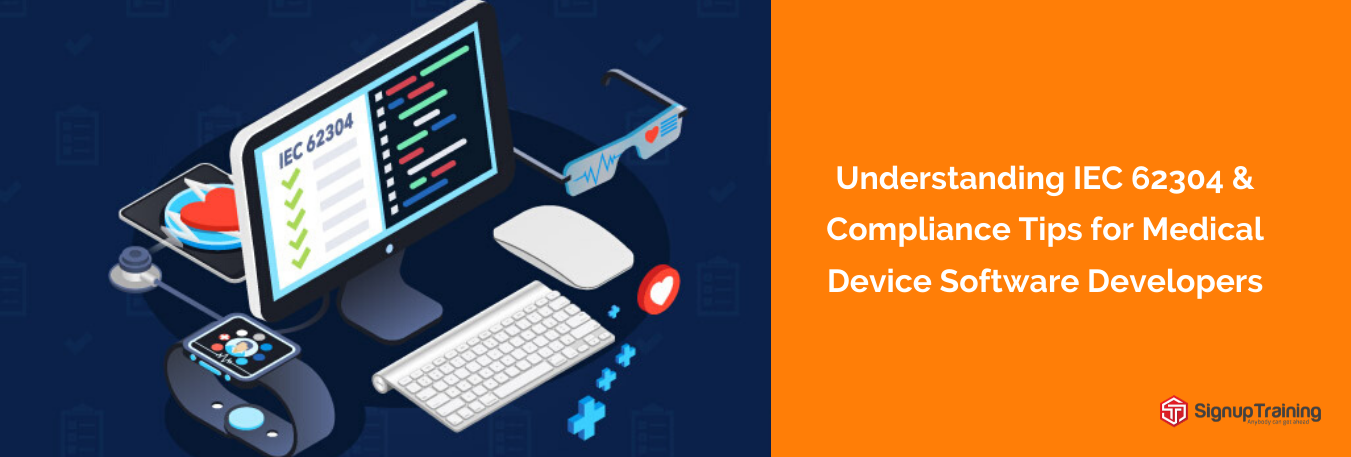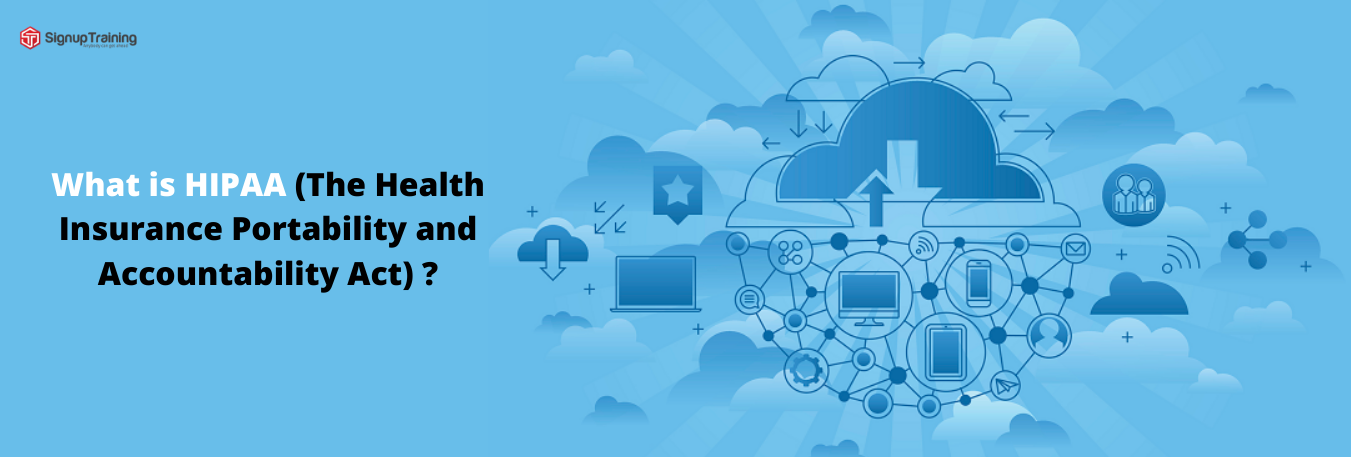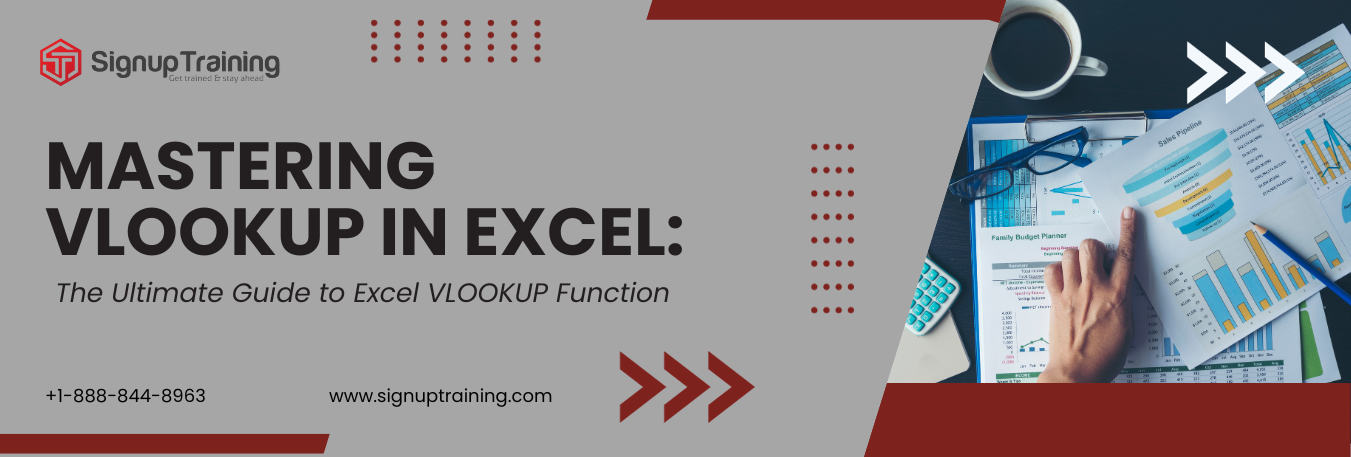Non-Compliance on 1099 Filing: Consequences and Best Practices

As a business owner or independent contractor, you may be familiar with the importance of filing 1099 forms accurately and on time. However, non-compliance with 1099 filing requirements can have serious consequences, ranging from financial penalties to legal complications. In this blog post, we will explore the potential ramifications of non-compliance and provide you with best practices to ensure you meet your 1099 filing obligations.
Understanding 1099 Forms
Before delving into non-compliance issues, let's briefly review what 1099 forms are and their purpose. The Internal Revenue Service (IRS) requires businesses to report various types of income paid to individuals or entities other than employees through 1099 forms. These forms are used to report income such as freelance earnings, rental income, interest, dividends, and more.
Consequences of Non-Compliance
- Penalties and Fines: Failure to file 1099 forms or filing them with incorrect information can result in financial penalties imposed by the IRS. The penalty amount varies depending on the time of correction and the number of forms involved. Deliberate non-compliance can lead to higher penalties.
- IRS Audits and Scrutiny: Non-compliance with 1099 filing requirements can increase the likelihood of an IRS audit or examination. The IRS may view your failure to report income as an attempt to evade taxes, potentially leading to additional investigations and legal repercussions.
- Loss of Deductions: If you fail to report 1099 income accurately, you may lose deductions associated with the payments made. The IRS requires businesses to provide accurate documentation for expenses, and if the income isn't reported correctly, the corresponding deductions may be disallowed.
- Reputational Damage: Non-compliance with tax obligations can tarnish your business's reputation. Clients, partners, and potential investors may view your lack of compliance as a sign of unprofessionalism and poor financial management, potentially harming your relationships and opportunities.
Best Practices for 1099 Compliance
To avoid the aforementioned consequences, it is crucial to prioritize 1099 compliance. Here are some best practices to follow:
- Familiarize Yourself with 1099 Requirements: Stay informed about IRS regulations and guidelines regarding 1099 filing. Regularly review IRS publications, consult tax professionals, or use reliable tax software to ensure you understand the rules.
- Keep Accurate Records: Maintain thorough and accurate records of payments made to individuals or entities throughout the year. This includes collecting and organizing W-9 forms from vendors and contractors, which provide their taxpayer identification numbers.
- Understand Reporting Thresholds: Be aware of the reporting thresholds for different types of income. Not all payments require a 1099 form. Familiarize yourself with the requirements for various 1099 forms, such as 1099-MISC, 1099-INT, or 1099-DIV.
- Use Reliable Accounting Software: Utilize reputable accounting software that can generate and file 1099 forms accurately. These platforms often have built-in checks and reminders to help you meet filing deadlines and avoid errors.
- File Timely and Accurate 1099 Forms: Ensure you file 1099 forms by the designated deadlines, typically by January 31st following the end of the tax year. Double-check all information before submission to minimize errors or omissions.
- Seek Professional Assistance: If you find 1099 filing requirements overwhelming or confusing, consider seeking assistance from a tax professional or certified public accountant (CPA). They can provide valuable guidance and ensure compliance with IRS regulations.
Conclusion
Non-compliance with 1099 filing requirements can lead to significant consequences for your business or individual finances. Penalties, audits, loss of deductions, and reputational damage are among the potential pitfalls of failing to meet your obligations. By understanding the rules, maintaining accurate records, and utilizing reliable software, you can ensure compliance and avoid the negative repercussions associated with non-compliance. Prioritize 1099 filing as an essential part of your financial responsibilities to safeguard your business and maintain a positive reputation in the marketplace.
Trending now

Why do medical devices need FDA approval?
Blog
Top 10 HR Compliance Challenges in USA
Blog
Medical Device Regulations in the USA
Blog
Understanding IEC 62304 & Compliance Tips for Medical Device Software Developers
Blog
What is HIPAA (The Health Insurance Portability and Accountability Act) ?
BlogFDA Steps to Ensure Quality of Foreign Products
Blog
6 Skills that Make for a Great Human Resources Manager
Blog
Why do we have OSHA Regulations?
Blog21 CFR part 11 compliance - key factors that every FDA regulated business should know
BlogWhy is 21 CFR Part 11 Compliance Important?
BlogWhat are the Key Factors (Essentials) for 21 CFR Part 11 Compliance?
BlogFDA Regulated Firms Must Ensure Part 11 Compliance to Generate Accurate and Usable Data
Blog
Know how to Survive an OSHA Audit
Blog
Top 5 Job Opportunities in Biotechnology
Blog
5 Key functions of HR Management
Blog
Cybersecurity Threats Upcoming in 2023
Blog
Why Should You Learn About OSHA's Guidance on Substance Abuse Testing?
Blog
Importance of SOPs in the Pharmaceutical Industry
Blog
Non-Compliance on 1099 Filing: Consequences and Best Practices
Blog
Artificial Intelligence (AI) in Healthcare: A Boon or Bane?
Blog.jpg)
How to Ensure Compliance with the I-9 Form: A Guide for Human Resources
Blog
Effective OSHA Audit Observations and Best Practices
Blog
How to Land Your Dream Job in Accounting: Top Tips and Career Options
Blog
Cultivating Connections: How to Foster a Thriving Culture with Your Remote Workforce
Blog
The Transformative Power of Artificial Intelligence in Biotechnology
Blog.png)
6 Steps to Building an Effective Hazard Communication Program (EHS)
Blog